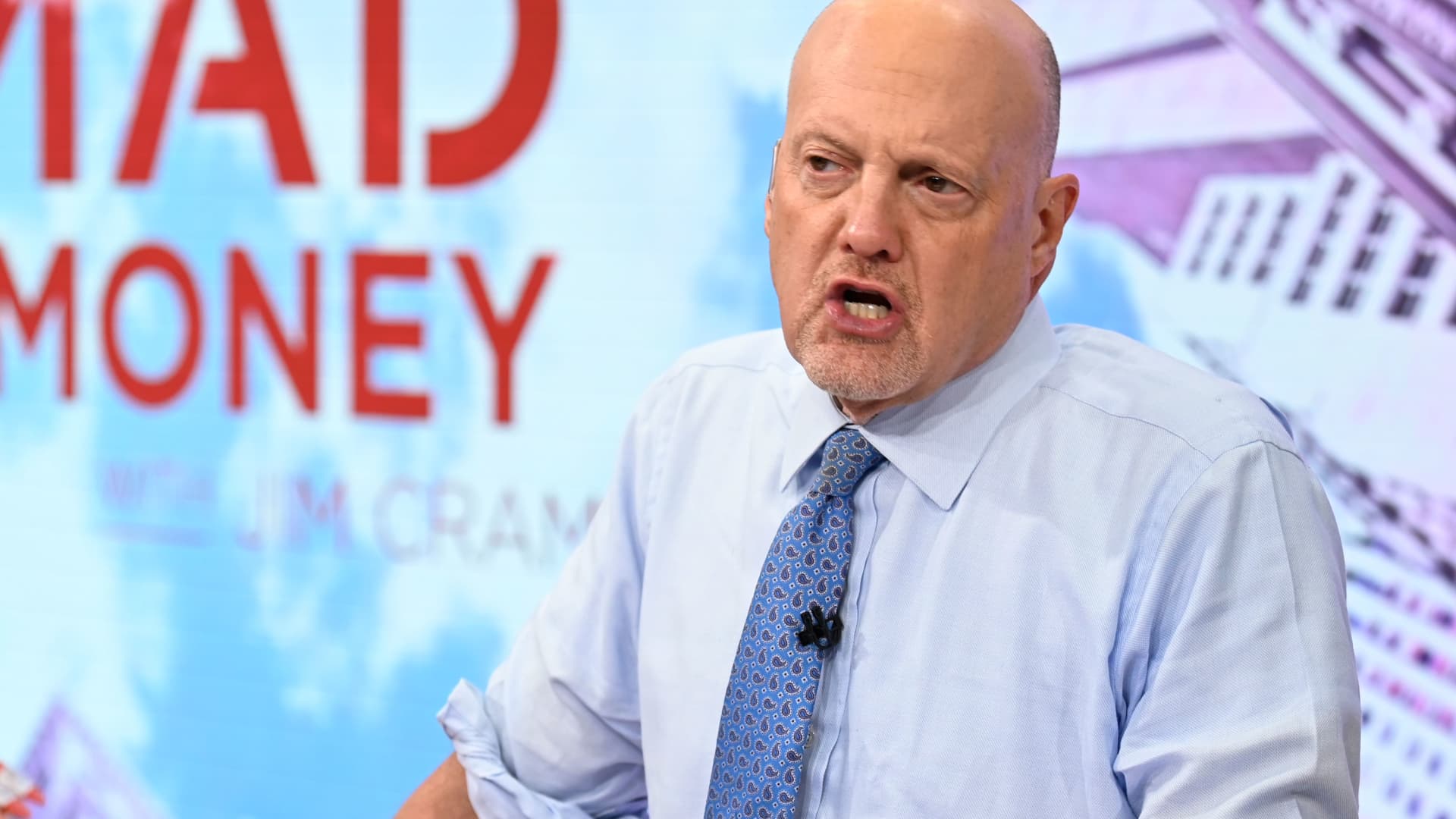Everywhere from childhood classrooms to corporate boardrooms, we hear: "Just be yourself." Authenticity is the key to connection, career success, and a meaningful life, they say. In an age of AI therapists and robot baristas, our humanity is our greatest currency.
But here's the catch: It's bad advice.
As a licensed psychotherapist, the author of "The Science of Stuck" and "Align Your Mind," and a corporate keynote speaker, I've seen how often people struggle with what it means to be authentic.
The pressure to be "real" all the time can actually cause more harm than good.
Why authenticity is overrated
"Just be yourself" may sound nice, but it doesn't hold up to closer scrutiny. At best, it's incomplete. Here's why:
You have more than one "self"
You have many different selves, as anyone who's ever had an internal conflict knows. One part of you might want to go to the gym, but another part just wants to sit on the couch binge-watching shows.
Living in a constant state of contradiction doesn't make you a hypocrite, it makes you human. Think about the last time you felt torn about a decision. Maybe a part of you wanted to speak up in a meeting, while another part feared judgment. These inner debates show that your mind is a complex ecosystem of thoughts, feelings, and desires, not a single, fixed entity.
Your 'self' at any given moment depends on so many factors
Our nervous systems influence how we behave far more than we realize. You're not the same person when you're well-rested as when you're running on empty. When stressed or anxious, you might snap at a friend even though that's not your usual approach. That moment of sharpness may not be how you want to engage — or would engage in another state of mind — but in the moment, it is still authentically you.
'I'm just being myself' can be an excuse for poor behavior
While it's true that all feelings are valid, all behaviors are not. Authenticity is not a hall pass for acting without considering the impact. For example, someone might use "authenticity" to justify harsh criticism or rudeness. This kind of behavior damages trust and creates unnecessary conflict.
Regulating your emotions and finding the right balance between showing up honestly and being mindful of how your actions affect others is crucial for healthy relationships, both at work and in life.
What to do instead
A more effective strategy is to "lead yourself." This means recognizing all the different characters inside your mind, including the angry parts, the friendly parts, the collaborative parts, and the selfish parts.
Leading yourself also means consciously curating which parts show up in each situation and how. When you lead yourself, you'll be less reactive and better able to respond to stressors instead of reacting to triggers.
Here are four ways to practice self-leadership:
- Focus on multiplicity rather than singularity. The idea of a single "authentic self" oversimplifies the complex human psyche. Sticking rigidly to one version of yourself can feel like protection but often becomes armor that limits growth. Being mindful of your inner multiplicity means you understand how to shift among your variety pack of selves depending on the circumstances.
- Go for alignment instead of authenticity. Rather than searching for one fixed "real" self, focus on building relationships between your inner parts. This might look like talking to the different parts of yourself as if you were all seated around a conference table. When you acknowledge all of them, you're more likely to be able to show up in a way that aligns with your values.
- Choose self-awareness over self-expression. You don't have to be "real" all the time. What matters more than blurting out everything you feel or think in real time is being aware of what all the parts of you are vying to express and intentionally choosing how you act.
- Pick responsibility, not rawness. Showing raw emotion or "speaking your truth" isn't always wise. Authenticity without editing can lead to unnecessary conflict. Taking responsibility means choosing when and how to share your true self in ways that build trust instead of breaking it.
While "just be yourself" may have started as well-meaning advice handed down by sincere caregivers, the sentiment is desperately in need of an upgrade for the messy, real-world situations we navigate every day.
Britt Frank, LSCSW, SEP, is a licensed psychotherapist, keynote speaker, and author of "The Science of Stuck: Breaking Through Inertia to Find Your Path Forward" and "Align Your Mind: Tame Your Inner Critic and Make Peace with Your Shadow Using the Power of Parts Work." She received her BA from Duke University and her master's from the University of Kansas, where she later became an award-winning adjunct professor. Her work has been featured in The New York Times, NPR, Forbes, Fast Company, and Esquire.
Want to stand out, grow your network, and get more job opportunities? Sign up for Smarter by CNBC Make It's new online course, How to Build a Standout Personal Brand: Online, In Person, and At Work. Learn from three expert instructors how to showcase your skills, build a stellar reputation, and create a digital presence that AI can't replicate.
Plus, sign up for CNBC Make It's newsletter to get tips and tricks for success at work, with money and in life, and request to join our exclusive community on LinkedIn to connect with experts and peers.

.png)











 English (US) ·
English (US) ·